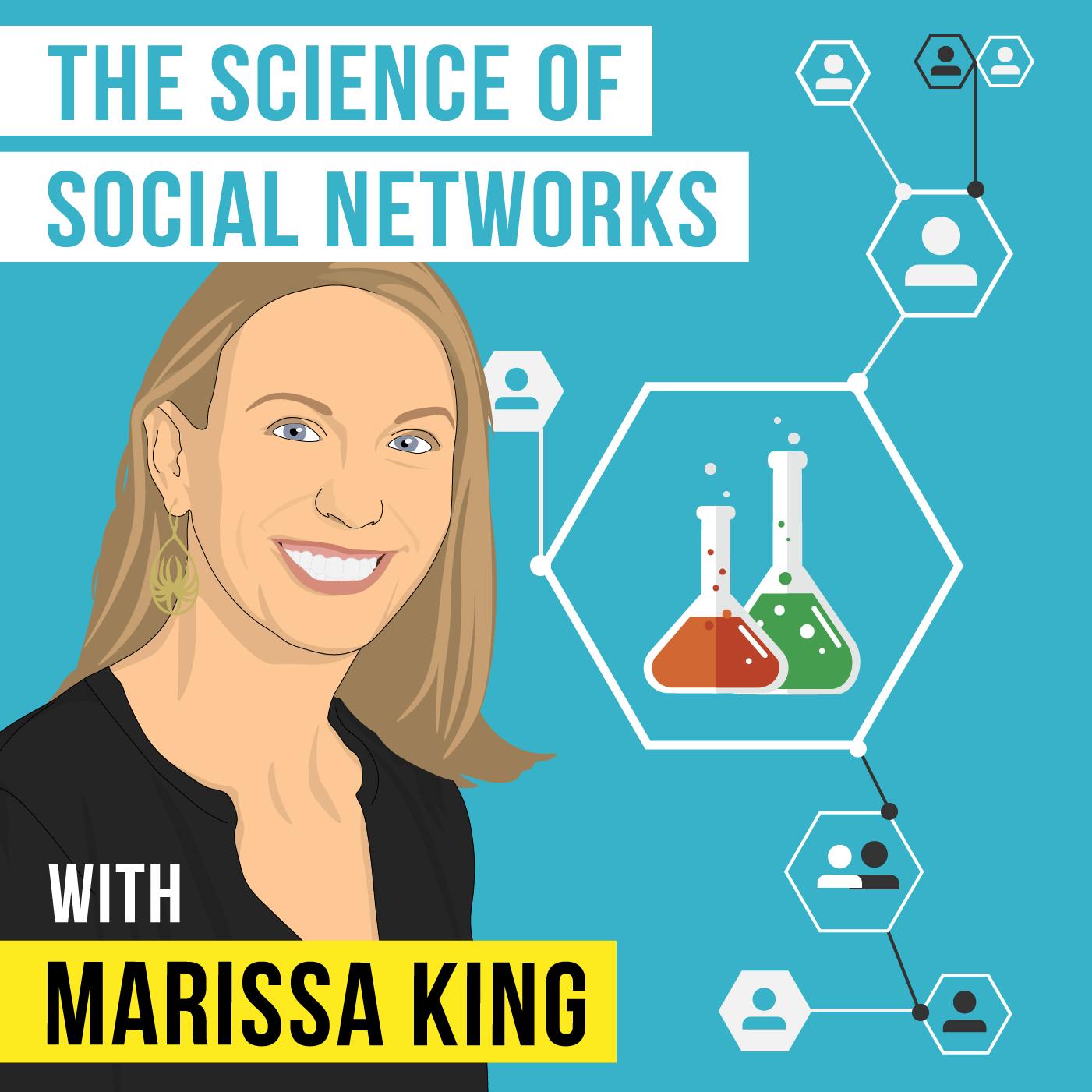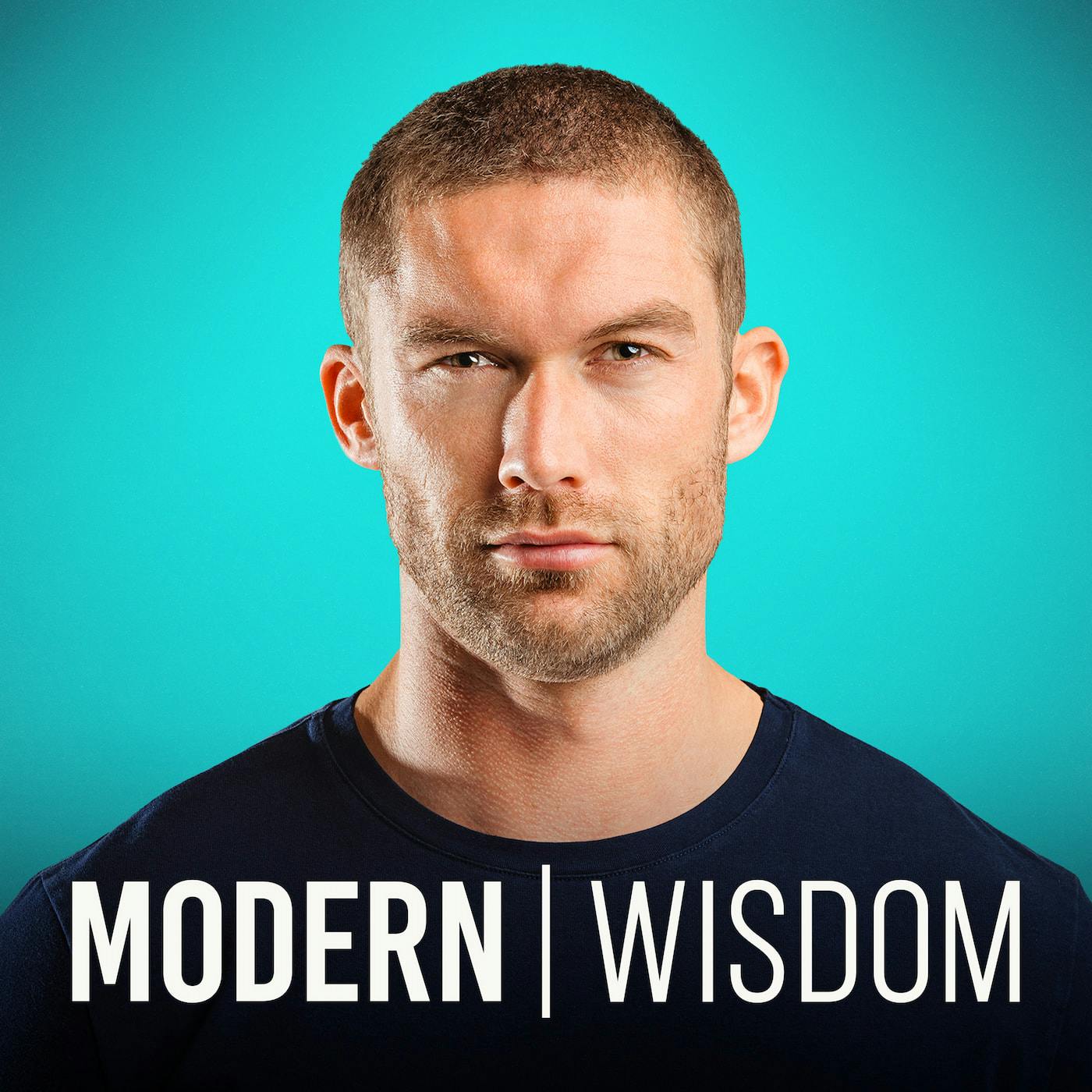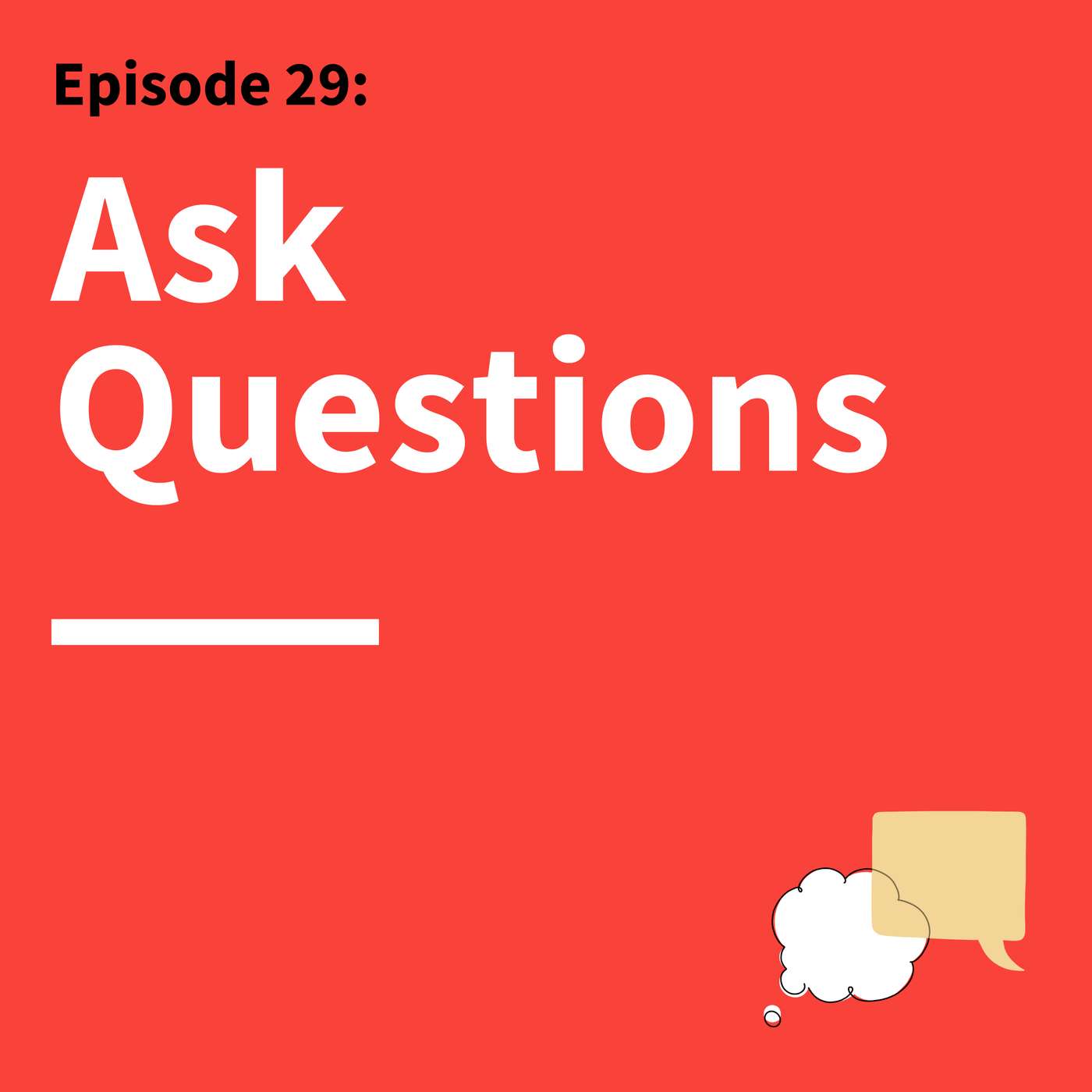This episode explains the brain-body connections that allow the specific foods we eat to control our moods and motivation. I discuss the vagus nerve and its role in dopamine and serotonin release in the brain. I review Omega-3 fatty acids and the key role of the gut microbiome in supporting (or hindering) our mental and emotional states. Many actionable tools are reviewed and discussed related to fasting, ketogenic and plant-based diets, probiotics, fermented foods, fish oils, artificial sweeteners, specific supplements that promote dopamine and serotonin, and some remarkable behavioral (and belief) effects.
Read the full show notes for this episode at hubermanlab.com.
Thank you to our sponsors
AG1: https://athleticgreens.com/huberman
LMNT: https://drinklmnt.com/hubermanlab
Waking Up: https://www.wakingup.com/huberman
Timestamps
00:00:00 Introduction
00:00:31 Sponsors: AG1, LMNT & Waking Up
00:05:00 Emotions: Aligning Mind & Body
00:06:41 Nutrients, Neurochemicals and Mood
00:08:39 Primitive Expressions and Actions
00:12:30 The Vagus Nerve: Truth, Fiction, Function
00:15:45 “Vagus Stimulation”: A Terrible Concept
00:16:35 Polyvagal Theory
00:18:27 Vagus Senses Many Things, & Moves Our Organs
00:19:35 Sugar Sensing Without Perception of Sweetness
00:23:00 Eating-Induced Anxiety
00:27:30 We Eat Until Our Brain Perceives “Amino Acid Threshold”
00:29:45 Reward Prediction Error: Buildup, Letdown and Wanting More
00:32:01 L-Tyrosine, Dopamine, Motivation, Mood, & Movement
00:34:04 Supplementing L-Tyrosine, Drugs of Abuse, Wellbutrin
00:38:29 Serotonin: Gut, Brain, Satiety and Prozac
00:43:38 Eating to Promote Dopamine (Daytime) & Serotonin (Night Time)
00:44:30 Supplementing Serotonin: Sleep, & Caution About Sleep Disruptions
00:46:40 Examine.com An Amazing Cost-Free Resource with Links to Science Papers
00:48:05 Mucuna Pruriens: The Dopamine Bean with a Serotonin Outer Shell
00:51:00 Emotional Context and Book Recommendation: “How Emotions Are Made”
00:54:55 Exercise: Powerful Mood Enhancer, But Lacks Specificity
00:56:45 Omega-3: Omega-6 Ratios, Fish Oil and Alleviating Depression
01:01:00 Fish Oil as Antidepressant
01:02:40 EPAs May Improve Mood via Heart Rate Variability: Gut-Heart-Brain
01:07:24 Alternatives to Fish Oil to Obtain Sufficient Omega-3/EPAs
01:09:05 L-Carnitine for Mood, Sperm and Ovary Quality, Autism, Fibromyalgia, Migraine
01:16:29 Gut-Microbiome: Myths, Truths & the Tubes Within Us
01:21:55 Probiotics, Brain Fog, Autism, Fermentation
01:25:20 Artificial Sweeteners & the Gut Microbiome: NOT All Bad; It Depends!
01:28:00 Ketogenic, Vegan, & Processed Food Effects, Individual Differences
01:33:20 Fasting-Based Depletion of Our Microbiome
01:35:20 How Mindset Effects Our Responses to Foods: Amazing (Ghrelin) Effects!
01:38:30 How Mindset Controls Our Metabolism
01:41:03 Closing Comments, Thanks, Support & Resources
Disclaimer & Disclosures
Learn more about your ad choices. Visit megaphone.fm/adchoices
















